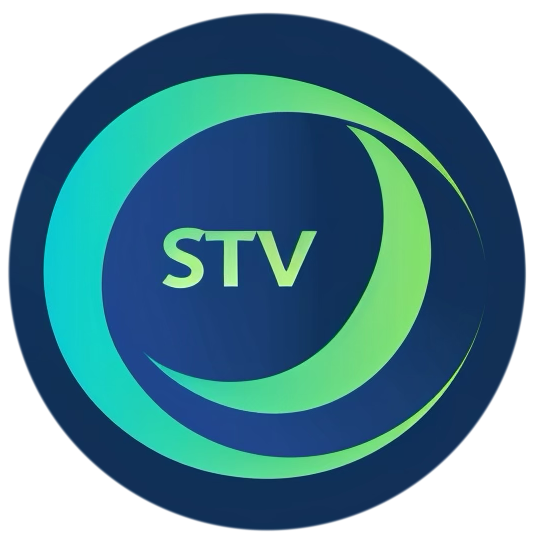Researchers Resource Hub (RRH)
GlossaryArtifact
Its a document, audio or video file.
Esoteric
Esoteric refers to knowledge, practices, or beliefs that are understood by or intended for a small, specialized group of people, often requiring advanced or insider understanding. It can describe things that are obscure, secret, or deliberately hidden from the general public, such as certain philosophical, spiritual, or occult teachings.
AI-LLM
AI Large Language Models (AI-LLM) are advanced artificial intelligence systems that have been trained on vast amounts of text data to understand and generate human-like language.
These models can assist researchers by quickly analyzing large volumes of information, summarizing content, answering complex questions, and even generating new insights based on existing knowledge. They are powerful tools for accelerating research, providing deeper insights, and making data-driven decisions.
These models can assist researchers by quickly analyzing large volumes of information, summarizing content, answering complex questions, and even generating new insights based on existing knowledge. They are powerful tools for accelerating research, providing deeper insights, and making data-driven decisions.
Semantic Search
Semantic search is an advanced search technique that goes beyond traditional keyword matching to understand the meaning and context of the search query. It uses natural language processing and machine learning to deliver more accurate and relevant results. For researchers, semantic search can significantly enhance the discovery process by understanding the intent behind queries, identifying related concepts, and providing comprehensive results that are contextually relevant. This makes it a powerful tool for uncovering deeper insights and connections within large datasets.
For example, if you search for "quantum physics", semantic search will understand that you're looking for information about the fundamental nature of the universe at the quantum level, and it will return results that are more relevant to that topic such as quantum mechanics, quantum computing, and quantum entanglement.
For example, if you search for "quantum physics", semantic search will understand that you're looking for information about the fundamental nature of the universe at the quantum level, and it will return results that are more relevant to that topic such as quantum mechanics, quantum computing, and quantum entanglement.
Full Text Search (FTS)
FTS is a feature that allows you to perform efficient searches on large text data stored in databases. By indexing the text content, FTS enables quick and accurate retrieval of records that match complex queries, including phrases and multiple keywords. For researchers, FTS can streamline the process of searching through extensive text-based datasets, making it easier to find relevant information and gain insights without the need for external search engines.
Boolean (AND/OR/NOT) and Near (search term distance) are the primary functions in FTS.
Boolean (AND/OR/NOT) and Near (search term distance) are the primary functions in FTS.
AI Agent
An AI Agent is a software entity that uses artificial intelligence to perform tasks autonomously or semi-autonomously on behalf of a user. These agents are capable of understanding natural language, learning from data, making decisions, and taking actions to achieve specific goals. Shatter the Veil and the Research Desk are AI Agents designed for researchers that want to manage the information in regards to the AI-LLM.
Knowledgebase
A knowledgebase is like a digital library where all the information and documents are stored. When you ask a question or need information, the AI-LLM system doesn't just rely on what it "knows" (like what it was trained on). Instead, it looks into this knowledgebase to find the most relevant and up-to-date information to answer your question.
Think of the knowledgebase as a big collection of facts, articles, or documents. The AI-LLM system searches through this collection to provide more accurate and detailed responses. For example, if you're researching a specific topic, the AI-LLM will pull information directly from the knowledgebase that relates to your question, making the answer more specific and useful.
So, in simple terms, the knowledgebase is the AI's source of truth or reference library, helping it give you the best answers possible.
Think of the knowledgebase as a big collection of facts, articles, or documents. The AI-LLM system searches through this collection to provide more accurate and detailed responses. For example, if you're researching a specific topic, the AI-LLM will pull information directly from the knowledgebase that relates to your question, making the answer more specific and useful.
So, in simple terms, the knowledgebase is the AI's source of truth or reference library, helping it give you the best answers possible.
 Shatter the Veil
Shatter the Veil